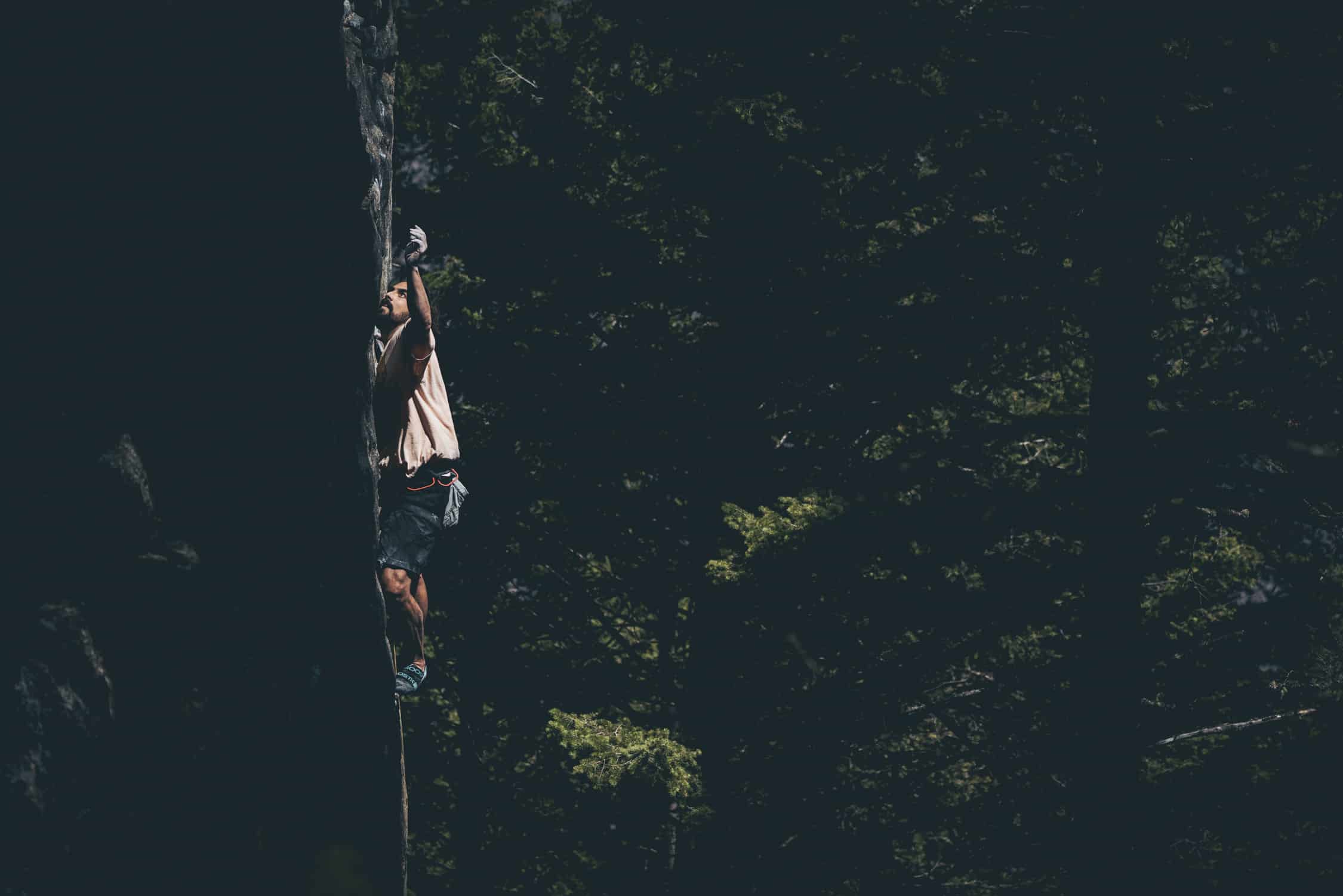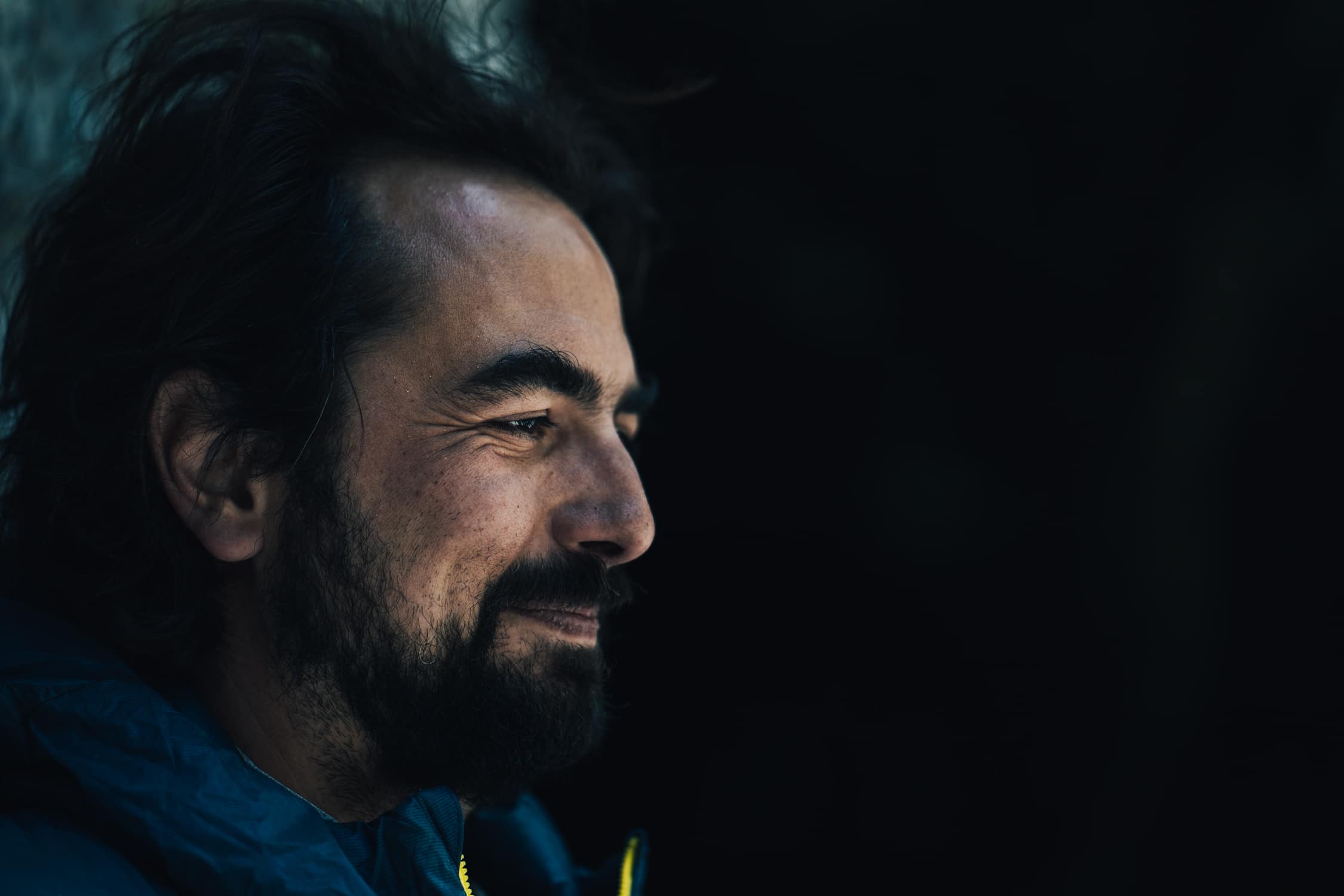In an age of radical self-acceptance, when every idiot influencer tells you that the path to self-worth is by demanding validation from every corner of society, I hereby assert my right to think of myself as a piece of shit. Just being hard on yourself—like a Kyra Condie tattoo: You suck. Try Harder. It’s a good phrase.
Weak. Fat. Dumb. Lazy. Old. Not good enough. Ashamed. All of these words—utter taboos in the church of radical self-acceptance and body positivity—occasionally cross my mind as accurate descriptions of myself. The degree to which any of these negative words are “objectively” true is entirely beside the point. This is a subjective, private conversation with the most critical person I’ve ever met: me.
Ironically, I happen to find a degree of motivation in this kind of negative self-assessment—which, I suppose, you’re not supposed to say. But I’m not sure why. Does it really matter, to anyone, if I find more compelling reasons to work out and eat healthier when I look in the mirror and think disgusting than I find in watching the latest inspiration videos of the world’s hardest whatever?
To be clear, most of the time, I don’t think about myself in this sense—or in any other sense. I’m too preoccupied taking care of all the other things there are to deal with in life. But sometimes I catch an unflattering glance of myself in the mirror, or I just feel the weight of my body at the end of the rope, or I see myself in stark relation to those who are climbing harder, have it easier, and appear to be leading more enjoyable lives. That’s when the negative talk percolates up for a moment. And, yes, l feel bad about myself.
So what?!!!
This is an entirely common state affecting each and every human experience. We’ve all been there, are there, and will be there again. Training and wellness gurus, however, respond to this condition by pretending that it can be eliminated from our vocabularies. They believe all it takes are invoking the right positive affirmations and mantras, following the right optimization routines and nutrition plans, and asking us to reframe things that we objectively care about—like climbing harder—and instead see them as false idols that we shouldn’t really worship.
That’s fine if that works for you. But what if feelings of inadequacy, negative self-talk, and looking in the mirror and seeing not your own face but instead the consummate failure of a human being in shit form just works better? If there is a training program built on this platform, please sign me up.
I’ve noticed a growing obsession among climbers who try project their own niche mental and emotional states onto the climbing world writ large, and demand that these “identities” and emotional states be validated from on high. Influencers do this shit all the time and it drives me nuts. They write over-wrought, self-obsessed posts under the gloss of being “honest and vulnerable” and “bravely” discussing some tough issue they are struggling with. But you’re not actually being vulnerable when you write something that you know 4,000 people are going to “yassss queen” into Valhalla. You’re just simply seeking external validation, which we absolutely know is a deceptively bad proxy for real happiness—not to mention, a way of denying the cold realities of life: that it isn’t fair, not everyone can do everything, and that we’re all gonna enter a meaningless void when we die.
This type of reality perversion also attempts to cast what are otherwise normal negative emotions—which we all experience to some degree or another; feeling like you aren’t a good enough rock climber, for example—as being systemic issues that can be eliminated with the right amount of social validation. This approach leads to some very strange conclusions for these folks: We shouldn’t call climbers who are good at climbing “good climbers” because this might invalidate the feelings of those who aren’t yet good at climbing. And so on.
A lot of the conversation seems to demand that everyone feels good about themselves all the time, and that anything less than that is a kind of moral failure that we can address through raising awareness via inclusive messaging on social media. This is all just bullshit, of course. First, it sets an unrealistic expectation as the bar. We can’t walk around all the time and expect to feel completely good about ourselves. Not even the richest and most successful people live like this—and in fact, most of them are fucking miserable despite the fact that they’re surrounded by yes-people affirming how great they are.
But more to the point: if you aspire to a state of permanent validation as the bar, then of course you will feel worse about yourself when any negative emotions and feelings invariably arise. When you’ve been conditioned by the glut of validation-demands on social media to believe that it’s not on you to just deal with your own shit quietly and, god forbid, with a modicum of grace and humor … well, guess what? You’re going to be miserable.
Honest appraisals of ourselves will inevitably mean using negative descriptions. This is what honesty is. It will also lead to uncomfortable truths—such as, to give one example, the fact that we all climb harder when we weigh less. No amount of positive self-talk, or external validation, or consciousness-raising about the many real issues surrounding some climbers’ fraught relationship to food will change that uncomfortable fact. So we have to learn to deal with it in a healthy way—and not through lunatic demands imposed on everyone else. Being hard on yourself is a part of this equation that I think we could stand to embrace a little more.
When you view being hard on yourself as a form of radical honesty, and not as a statement of your own dignity or moral worth as a person, this framing, in fact, can be a great source of motivation. If you’re sad that you suck at climbing, there’s a good chance it’s because you do suck at it. That’s OK! Of course, it’s OK! But you still suck. Try harder!
But still, many climbers seem to believe that we would have a better culture if we all just affirmed and validated “sucking at climbing” (or whatever it is) as being a good thing. Something to be affirmed. Something to be validated. Clearly, it isn’t because no one wants to suck. No one wants to be weak. No one wants to be unhealthy. This is the reason to embrace being hard on yourself. Because when you live in a culture where everyone is too afraid to tell you the truth, you’re going to have to tell it to yourself.





Real talk in a fake world. Love it!
this article should not pull punches and show the proof, otherwise it is a pretty nebulous boogieman that is being referenced. It’s difficult to know who this in reference to (“influencers do this shit all the time and it drives me nuts”). Why not show the work?
Moffat spent the time to research and write an entire book. You cried in a blog post and did no research whatsoever.
But hey, I’m sure your THOUGHTS are more important than peer reviewed research. And with that move you tell people a lot about yourself.
I mean, your are reading the “opinion section”…. so maybe you have no right to complain about an article filled with thoughts and opinions…
damn typo, *you are*
Excellent thoughts. Thanks!!